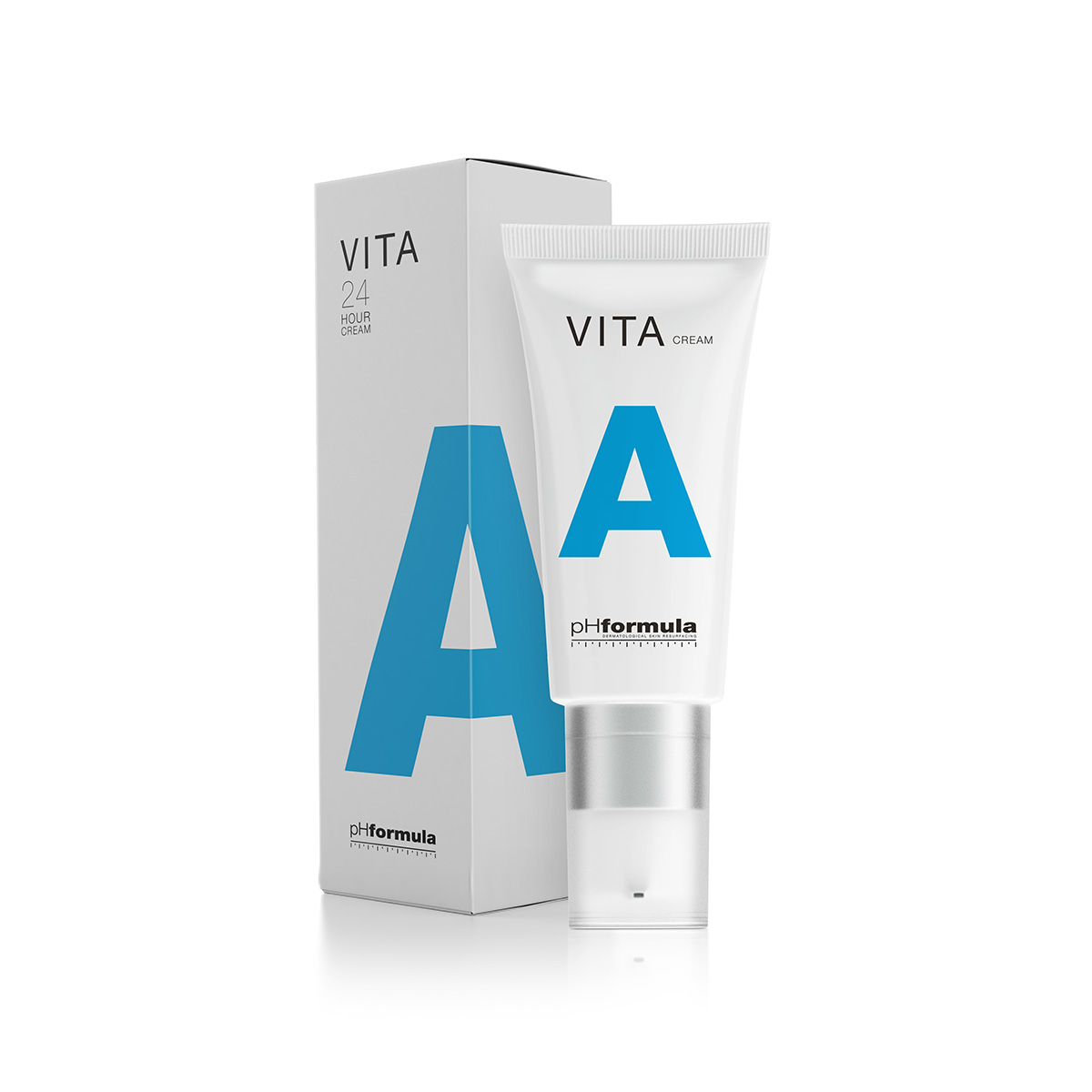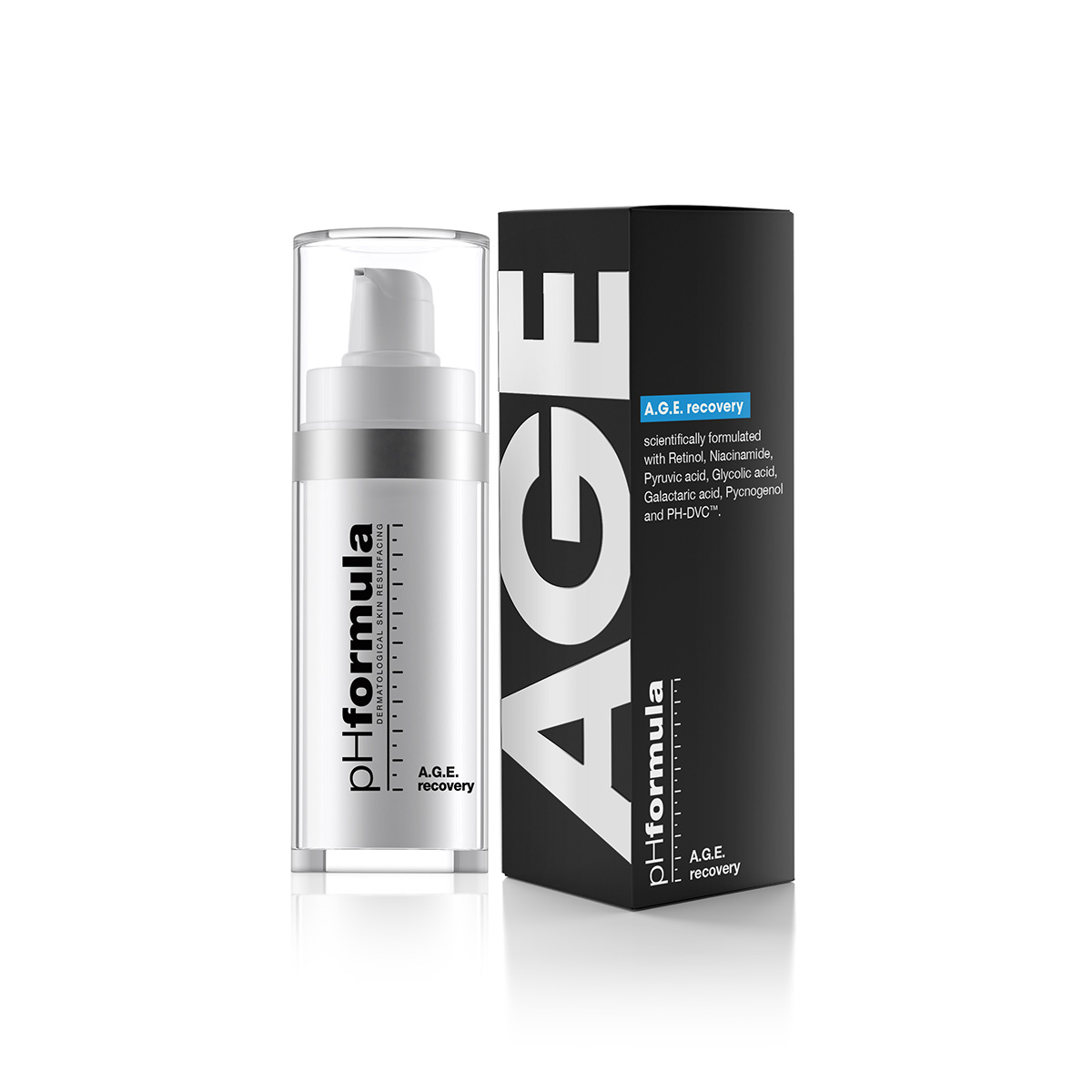In the world of skincare, few ingredients hold the transformative power and promise of results quite like vitamin A derivatives. Often hailed as the “gold-standard” in positive pro-ageing and skin rejuvenation, these retinoids have rightfully earned their place for their ability to restructure and re-programme the skin. However, a trio of terms can leave even skincare enthusiasts feeling a bit perplexed: retinol, retinal, and retinaldehyde.
If you’ve ever been confused about the distinctions between these three ingredients, then this post will demystify the world of vitamin A derivatives, shedding light on what sets retinol, retinal, and retinaldehyde apart from one another. We’ll explore their individual potencies, mechanisms of action, and skincare benefits, allowing you to make informed choices about which one might be the right fit for you and your clients. So, whether you’re a seasoned skincare specialist or just beginning your journey, we will explore the secrets of these vitamin A variations and how they can transform your our skin.
Retinol:
Retinol is a milder form of vitamin A that is commonly used in skincare products. It is considered a “first-generation” retinoid. When applied topically, the skin converts retinol into retinaldehyde and then into retinoic acid, which is the active form of vitamin A. Retinoic acid has a direct impact on skin cells, promoting collagen production, increasing skin cell turnover, and helping to reduce the appearance of photo-ageing. Retinol is suitable for individuals who are new to using vitamin A products or those with sensitive skin types, as it generally causes fewer side effects compared to stronger retinoids. However, it may take longer to see noticeable results due to this conversion process.
The Benefits of Retinol’s Mildness:
Retinol’s milder strength doesn’t diminish it’s remarkable benefits for the skin. When applied topically, retinol is gradually converted into retinoic acid, the active form of vitamin A. This process ensures that retinol works gently and steadily to promote skin health. It stimulates collagen production, a crucial protein that maintains skin’s firmness and elasticity. Additionally, retinol aids in skin cell turnover, revealing newer, more radiant skin while diminishing the appearance of fine lines and wrinkles over time. It’s gradual approach is particularly beneficial for those with sensitive skin, ensuring that the transformative effects of vitamin A are achieved with minimal discomfort.
The Transformative Power of Retinol:
Despite its milder nature, retinol is a skincare powerhouse that can deliver remarkable improvements in skin texture, tone, and overall appearance. Regular use of retinol can lead to smoother, more youthful-looking skin. It helps reduce the signs of ageing, including fine lines, wrinkles, and age spots. Moreover, retinol supports the management of skin concerns such as acne by regulating sebum production and preventing clogged pores. With patience and consistency, retinol can be a reliable ingredient in your skincare routine, offering the benefits of vitamin A without the intensity of stronger retinoids.
Retinal (Retinaldehyde):
Retinal, also known as retinaldehyde, is a remarkable ingredient in the world of vitamin A skincare. Positioned as a “second-generation” retinoid, retinal stands a step closer to the coveted retinoic acid than retinol in this conversion process. This closer proximity to retinoic acid is where it’s potency and efficiency take importance. When applied to the skin, retinal is rapidly and efficiently converted into the active form of vitamin A. This means that retinal products can produce faster and more noticeable results compared to retinol. It’s a game-changer for those seeking to transform their skin without the potential skin irritation associated with retinoic acid.
Fast-Tracking Results with Retinal:
If you’re looking to address skincare concerns promptly, retinal is a formidable choice. It’s ability to readily transform into retinoic acid allows it to get to work quickly, stimulating collagen production, increasing skin cell turnover, and reducing the appearance of photo-ageing and hyperpigmentation. What’s particularly enticing about retinal is that it manages to provide these benefits with a lower likelihood of skin irritation compared to retinol, making it a more comfortable option for many individuals.
Finding Balance and Tolerance with Retinal:
Retinal is often recommended for individuals who seek a balance between effectiveness and tolerance in their skincare routine. It bridges the gap between the gentler retinol and the more potent retinoic acid. This versatility makes it accessible in some off the shelf skincare products, providing an entry point for those new to vitamin A treatments. For those who require higher concentrations or more targeted results, retinal may also be available by prescription. Ultimately, retinal offers a path to faster, more visible skin improvements while maintaining a favourable profile in terms of comfort and tolerance, making it an attractive option for a wide range of skincare plans.


Retinoic Acid (Tretinoin):
Retinoic acid, also known as Tretinoin, takes centre stage as the most potent and direct form of vitamin A used in skincare. This “third-generation” retinoid doesn’t need any conversion processes; it gets straight to work on your skin cells. Retinoic acid’s strength lies in it’s ability to stimulate collagen production, boost skin cell turnover, and address a wide array of skin concerns, including fine lines, wrinkles, acne, and hyperpigmentation. It’s a comprehensive solution for those seeking transformative results. However, due to it’s potency, retinoic acid often requires a prescription and may lead to side effects such as skin dryness and redness.
Direct Action, Targeted Results:
What sets retinoic acid apart is this direct action on skin cells. It doesn’t rely on conversion processes like retinol or retinal. Instead, it immediately influences the behaviour of your skin cells, ushering in improvements at an accelerated pace. This direct approach is why retinoic acid is often considered the “gold-standard” in skincare, particularly for addressing advanced signs of ageing or severe acne. It’s ability to stimulate collagen is unparalleled, resulting in significantly firmer and smoother skin over time. However, this potency comes with a trade-off—potential side effects. It’s essential to use retinoic acid under the guidance of an advanced skin specialist to minimise any adverse reactions.
The Strength of Retinoic Acid: A Prescription-Only Solution:
Retinoic acid’s strength and potential for side effects make it a prescription-only skincare solution. It’s generally recommended for individuals with specific skin concerns that require a high level of effectiveness. If you’re dealing with stubborn fine lines, deep wrinkles, persistent acne, or pronounced hyperpigmentation, retinoic acid may be the answer. However, its use should always be monitored by a skin professional who can tailor the treatment to your unique needs. In summary, retinoic acid stands as the pinnacle of vitamin A skincare, offering direct and impressive results, but is reserved for those with specific skin issues and where the need for strength and results outweighs it’s potential side effects.
